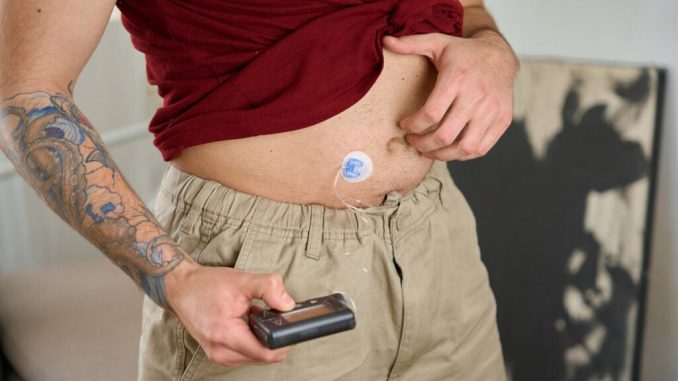
When your blood sugar levels are too high—especially over a long period—your body starts to send warning signals. One of the clearest signs comes through pain. High blood sugar doesn’t just affect how tired or thirsty you feel; it can cause real discomfort in specific parts of the body. If you’re living with diabetes or even just fluctuating blood sugar, here’s what you need to pay attention to:..CONTINUE READING THE FULL ARTICLES HERE
1. Feet and Legs
This is often the first and most common area to feel pain. High blood sugar can damage your nerves, leading to diabetic neuropathy.
You may feel burning, tingling, numbness, or sharp pain in your feet, ankles, and legs. Some people describe it as walking on pins and needles, especially at night.
2. Hands and Arms
Just like the lower body, nerves in the hands and arms can also be affected. You might experience numbness, weakness, or pain in your fingers or wrists. This can make everyday tasks like writing, cooking, or using your phone more difficult.
3. Eyes (Pain or Pressure)
High blood sugar can damage blood vessels in the eyes, leading to blurred vision, eye strain, or a feeling of pressure behind the eyes. This can be an early sign of diabetic retinopathy, a condition that can lead to vision loss if ignored.
4. Kidney Area (Lower Back)
Your kidneys work hard to filter excess sugar from your blood. When overworked, they can become inflamed or stressed, causing dull pain or discomfort in the lower back, just under the ribcage.
5. Gums and Teeth
Many don’t realize that high blood sugar weakens the immune system, making it easier for gum infections to develop. This leads to tooth pain, swollen gums, or even tooth loss in serious cases.
6. Joints and Muscles
You may feel stiffness or pain in your joints, especially in the morning. High sugar levels can cause inflammation throughout the body, which affects your flexibility and comfort.
In short, your body talks to you—through pain, numbness, and discomfort. If you’re experiencing these symptoms, don’t ignore them.
Get your blood sugar checked and talk to a doctor. Early care can save you from long-term damage and restore your quality of life.
Kindly Follow Our WhatsApp Channel
Disclaimer: This content including advice provides generic information only. It is in no way a substitute for a qualified medical opinion. Always consult a specialist or your own doctor for more information. NEWSHOUR does not claim responsibility for this information.
